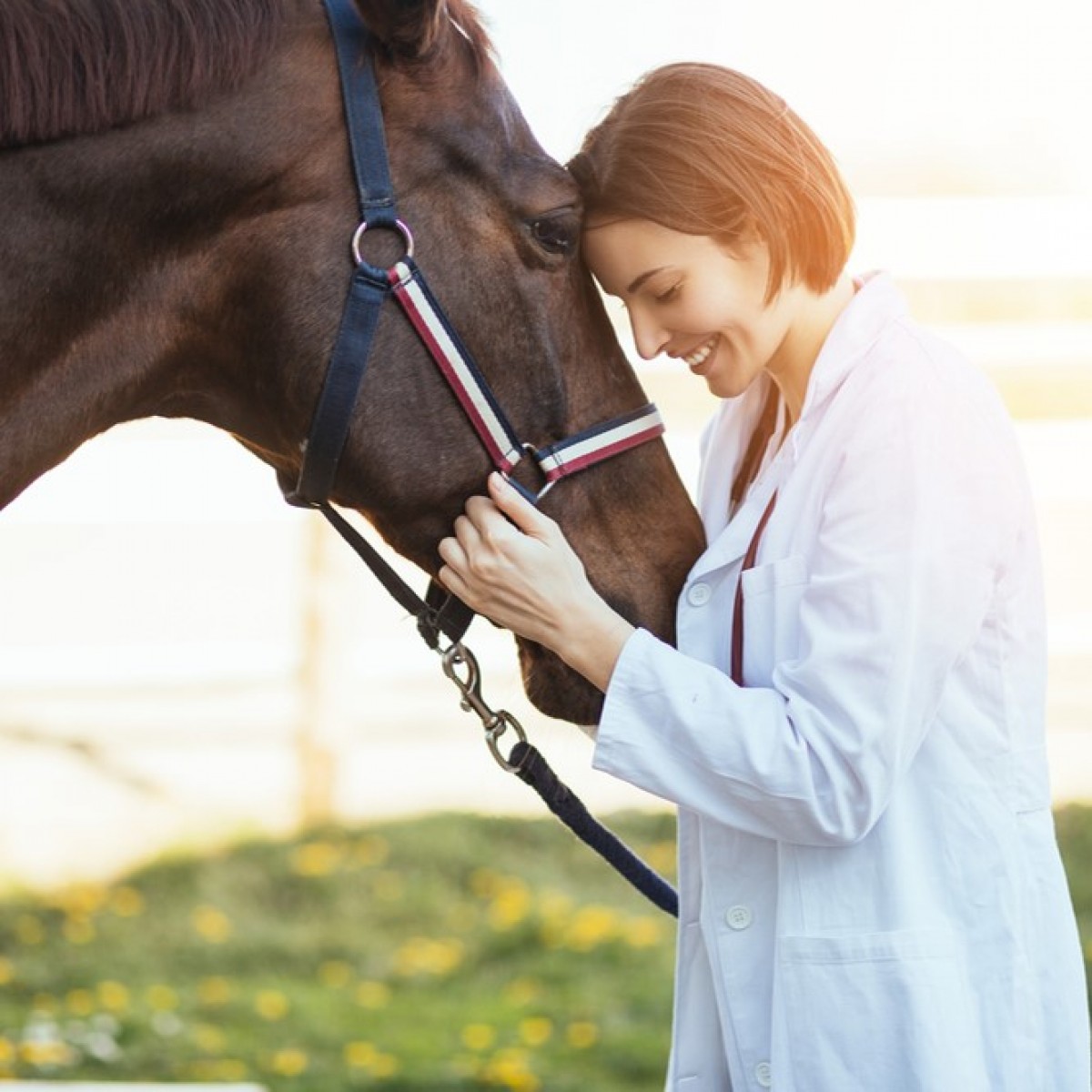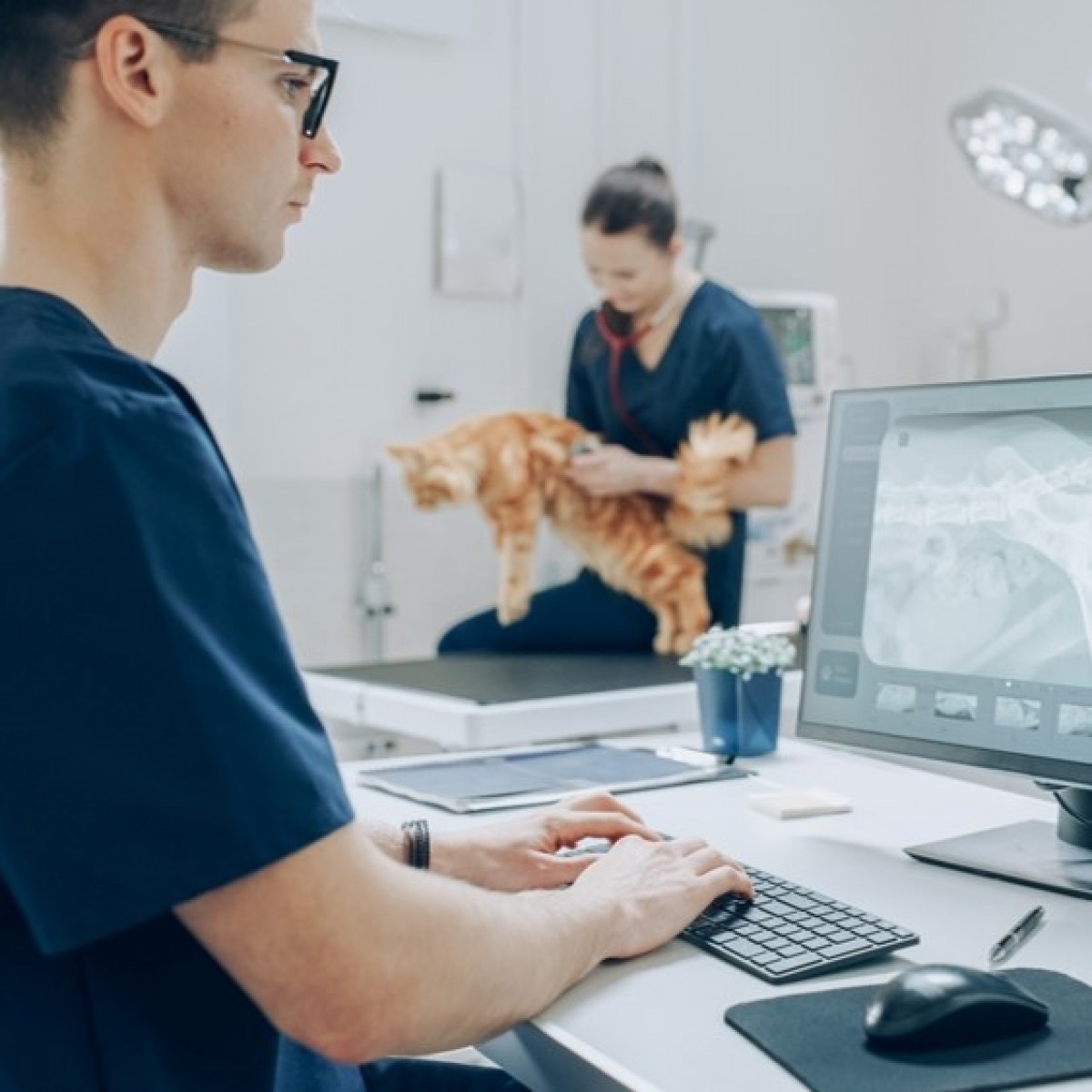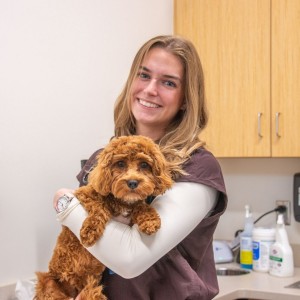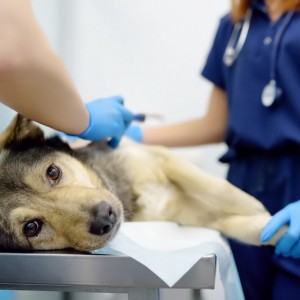The role of microRNAs in equine medicine: a review
The search for new markers of diseases in human as well as veterinary medicine is ongoing. Recently, microRNAs (miRNAs or miRs) have emerged as potential new biomarkers. MiRNAs are short sequences of RNA (∼22 nucleotides) that regulate gene expression via their target messenger RNA (mRNA).
Circulating miRNAs in blood can be used as novel diagnostic markers for diseases due to their evolutionary conservation and stability. As a consequence of their systemic and manifold effects on the gene expression in various target organs, the concept that miRNAs could function as hormones has been suggested. This review summarizes the biogenesis, maturation, and stability of miRNAs and discusses their use as potential biomarkers in equine medicine. To date, over 700 equine miRNAs are identified with distinct subsets of miRNAs differentially expressed in a tissue-specific manner.
A physiological involvement of various miRNAs in the regulation of cell survival, steroidogenesis, and differentiation during follicle selection and ovulation in the monovular equine ovary has been demonstrated. Furthermore, miRNAs might be used as novel diagnostic markers for myopathies such as polysaccharide storage myopathy and recurrent exertional rhabdomyolysis as well as osteochondrosis. Preliminary data indicate that miRNAs in blood might play important roles in equine glucose metabolism pathway. Of note, breed differences have been reported regarding the normal equine miRNA signature.
For disease prevention, it is of utmost importance to identify disease-associated biomarkers which help detect diseases before symptoms appear. As such, circulating miRNAs represent promising novel diagnostic markers in equine medicine.
Authors: J.H. van der Kolk, A. Pacholewska, V. Gerber
Source: https://www.tandfonline.com/














List
Add
Please enter a comment